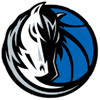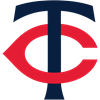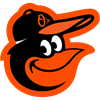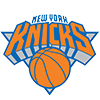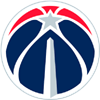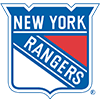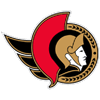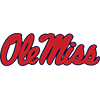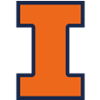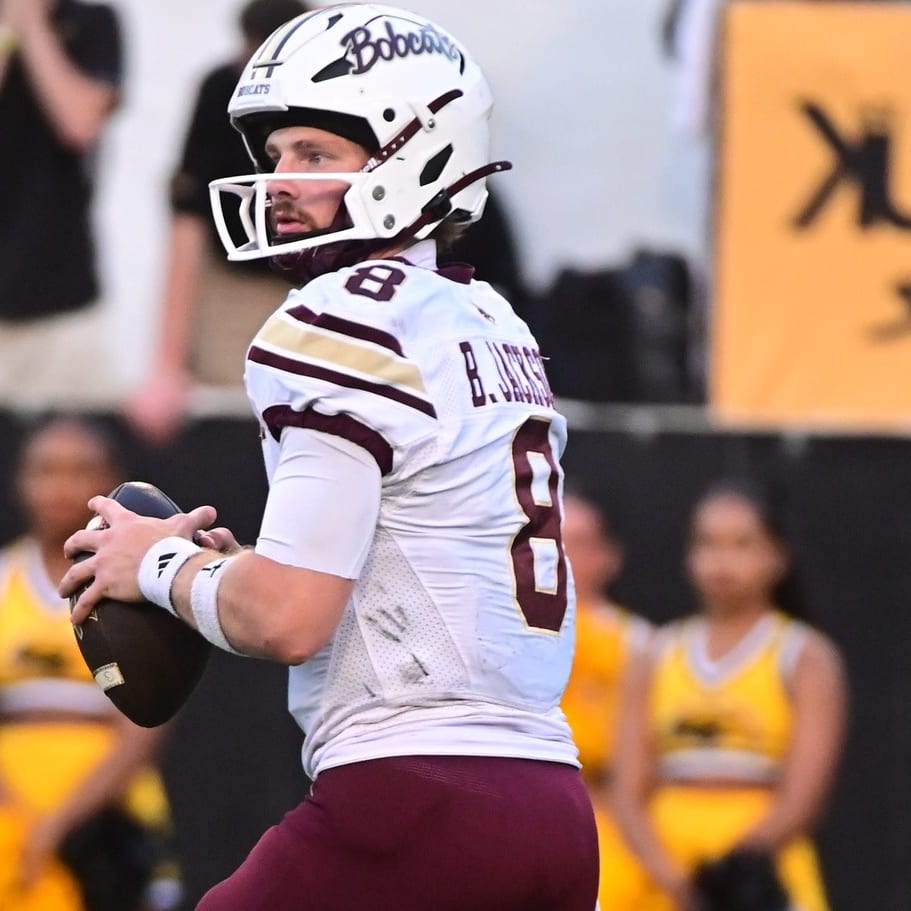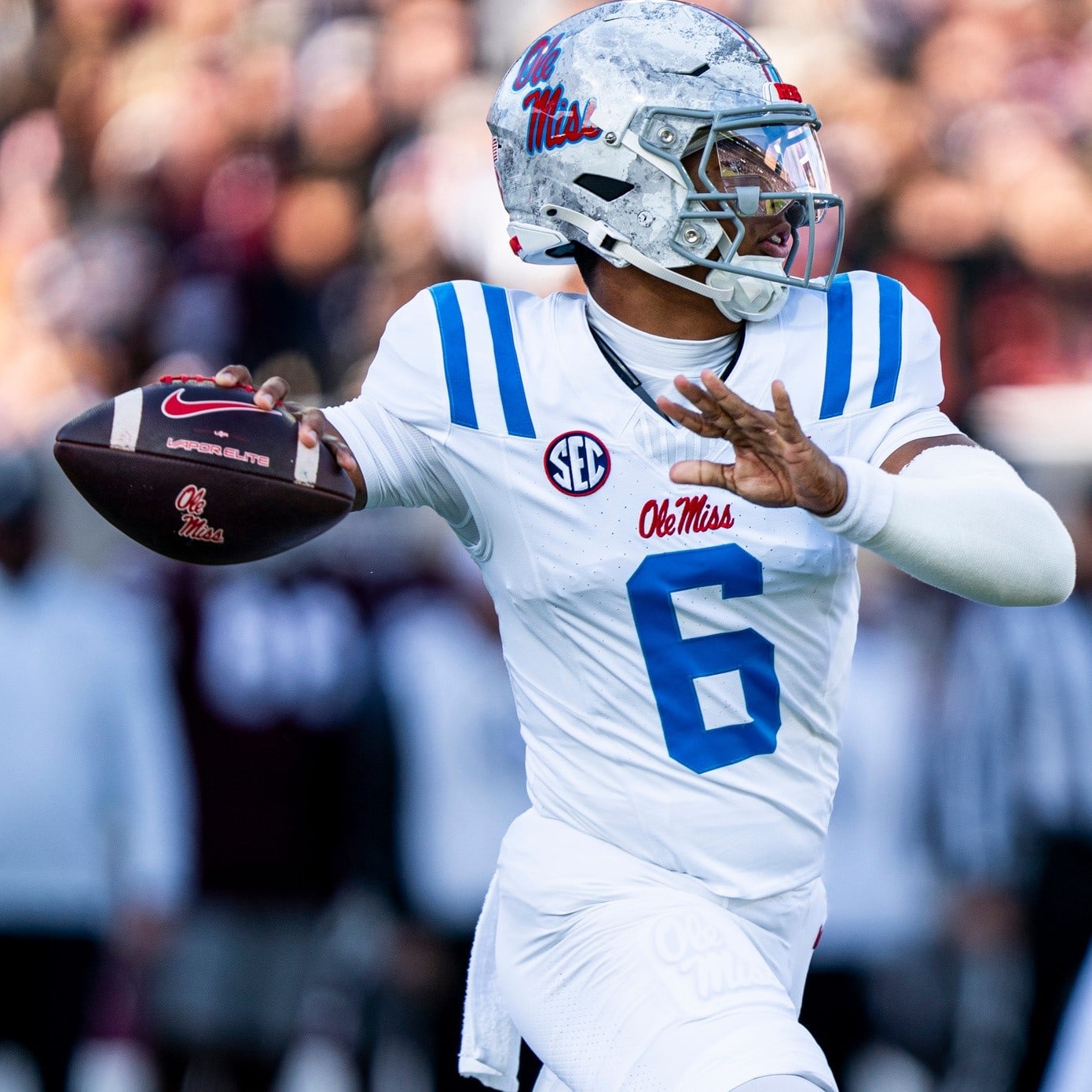On my way home from a friend's late the other night, I approached a red light at the intersection of State and Main. It was late and nary a car was in sight. So I crossed the street. As I reached the opposite side, an officer was waiting there with a ticket for me for jaywalking. What could I say? I knew the law, as stupid as it may be at times, and the officer had every right to enforce it as he pleased.
Say what you will about the NCAA – and believe me, there's a lot to say – but every college athlete knows there is a strict set of rules laid out by the NCAA in order to retain eligibility. This goes doubly for those student-athletes who are in the limelight. Heisman Trophy-winning quarterbacks certainly fall into that category.
NCAA Bylaw 12.5.2.1 governs advertisements and promotions. The rule expressly provides:
After becoming a student-athlete, an individual shall not be eligible for participation in intercollegiate athletics if the individual:
(a) Accepts any remuneration for or permits the use of his or her name or picture to advertise, recommend or promote directly the sale or use of a commercial product or service of any kind.
As such,
On my way home from a friend's late the other night, I approached a red light at the intersection of State and Main. It was late and nary a car was in sight. So I crossed the street. As I reached the opposite side, an officer was waiting there with a ticket for me for jaywalking. What could I say? I knew the law, as stupid as it may be at times, and the officer had every right to enforce it as he pleased.
Say what you will about the NCAA – and believe me, there's a lot to say – but every college athlete knows there is a strict set of rules laid out by the NCAA in order to retain eligibility. This goes doubly for those student-athletes who are in the limelight. Heisman Trophy-winning quarterbacks certainly fall into that category.
NCAA Bylaw 12.5.2.1 governs advertisements and promotions. The rule expressly provides:
After becoming a student-athlete, an individual shall not be eligible for participation in intercollegiate athletics if the individual:
(a) Accepts any remuneration for or permits the use of his or her name or picture to advertise, recommend or promote directly the sale or use of a commercial product or service of any kind.
As such, the rule prohibits student-athletes from accepting money for promotion or sale of a product or service. Maybe it is a stupid rule. Maybe it is hypocritical of the NCAA and its member institutions to make money off athletes when the players can't earn a dime. But, it's still a rule. Every college athlete knows that if they want to remain eligible, they have to follow the rule.
On August 4, 2013, ESPN's Outside the Lines reported that two sources informed the network that Texas A&M's quarterback, Johnny Manziel, agreed to a "five-figure flat fee" with an autograph broker named Drew Tieman for signing memorabilia during Manziel's visit to Miami for the 2013 BCS Championship game in January. Since then, additional autograph dealers have come forward to say that Manziel signed memorabilia for them, bringing the total number of dealers to six who have stated that he signed for them in a private session.
The brokers' statements aside, other details have emerged through various reports. For example, in a video that ESPN reported having viewed – but which has not been made public – Manziel allegedly said, "You never did a signing with me." The aforementioned autograph dealer said he paid Manziel $7,500, which the quarterback apparently told him would be used to buy new rims for his car.
But, importantly, there hasn't been proof of money changing hands.
There's also this detail: the autograph dealers, mostly anonymous, have said they are not talking with the NCAA.* That's important. The NCAA cannot use news reports as evidence but must conduct its own interviews. Also, any allegations must be made on the record – from named sources.
* Likely behind the dealers unwillingness to cooperate with the NCAA's investigation is a Texas law that makes anyone who knew or reasonably should have known he was breaking NCAA rules (or causing someone else to break them) liable for damages in an action brought by an institution, such as Texas A&M.
Even if the NCAA persuaded the autograph dealers to talk, it might still need a paper trail of payment – a check, for example – for proof. Although Manziel must turn over bank records to the NCAA, investigators cannot compel others (including, for example, Nathan Fitch, Manziel's friend and "personal assistant," who has been named in some of the allegations) to do the same. Even then, transactions in the autograph memorabilia business are often conducted in cash. In the absence of a paper trail, even evidence of large deposits into Manziel's bank account might not prove much, given his family's financial resources.
Still, the key to this whole situation is that the burden is on the NCAA to prove that Manziel profited from the sale of his autographs. While the NCAA's standard of proof is not "beyond a reasonable doubt," but instead "clear and convincing evidence," under NCAA rules, it isn't enough for him to have merely signed the autographs. He must have profited off of them for a penalty to be imposed.
If Manziel is found to have broken the rules, he'll almost certainly be declared ineligible. How many games he'd miss before reinstatement might depend on several factors, including the amount of money he would have been found to have accepted. Then-Georgia receiver A.J. Green missed four games in 2010 for selling his 2009 Independence Bowl jersey for $1,000. Several Ohio State players were suspended five games in 2012 for selling memorabilia or exchanging noted items for tattoos. But, it's always tricky to take past NCAA cases as precedent.
Additionally, the NCAA might not have to prove Manziel took the money to mandate severe punishment. In early October 2009, then-Oklahoma State receiver Dez Bryant was ruled ineligible for lying to the NCAA about visiting the home of former NFL star Deion Sanders. He missed the remainder of the season. If Manziel, who met with NCAA officials on Tuesday and proclaimed his innocence, is found to have misled investigators, he could be penalized for that offense.
For fantasy owners, the implications surrounding Manziel's precarious situation are critical, as he projects to be an early pick in almost all college football leagues following his record-breaking performance in 2012. Yet, it is difficult to predict if he will be suspended at all, while it's nearly impossible to anticipate how many games, if any, he will miss if a suspension is levied. With Texas A&M mere days away from its season opener against Rice, there's been little to suggest Manziel will be out of the lineup (he has taken all the practice reps with the first team offense as of Tuesday). Furthermore, according to reports, A&M has "no plans" to sit the signal caller due to its confidence in the case. Though crazier things have happened in the little bubble that the NCAA has created for itself, given the organization's somewhat limited investigative powers and the substantial burden it must overcome to impose a penalty, prospective owners have little choice but to ride the wave created by Johnny Football.








